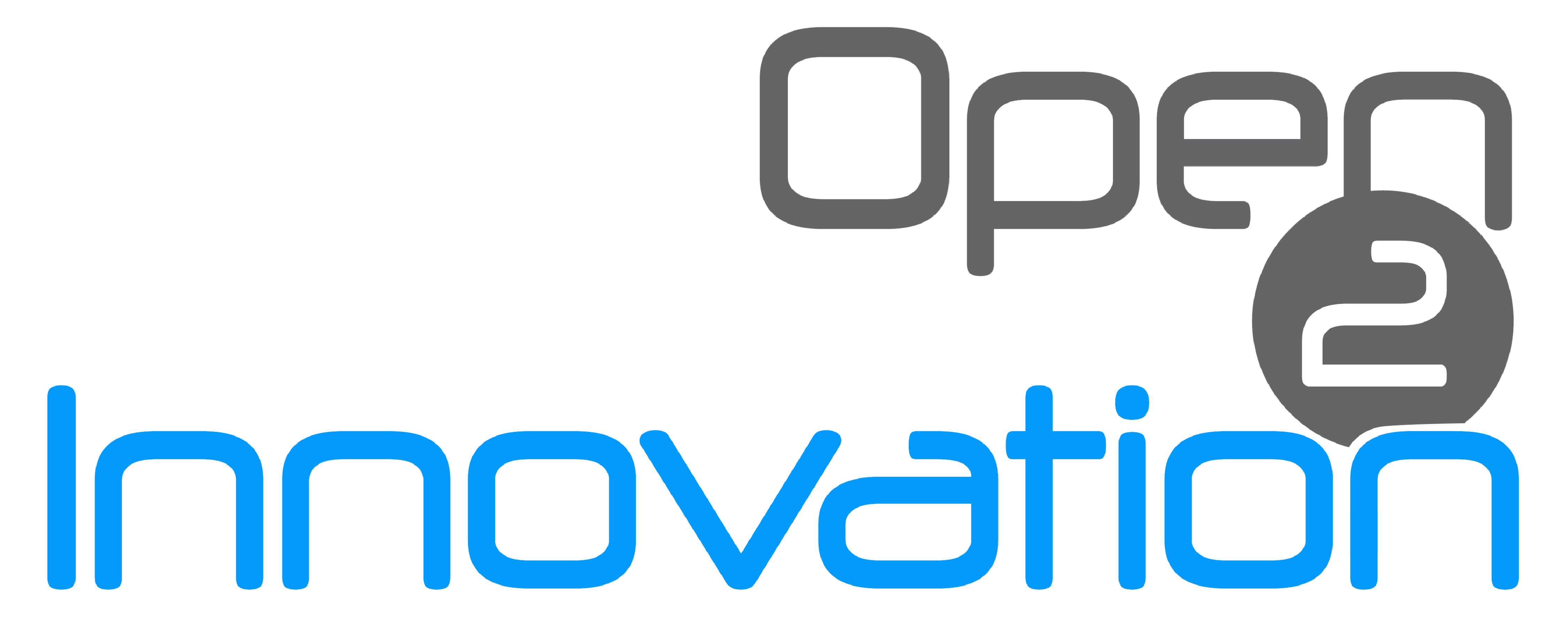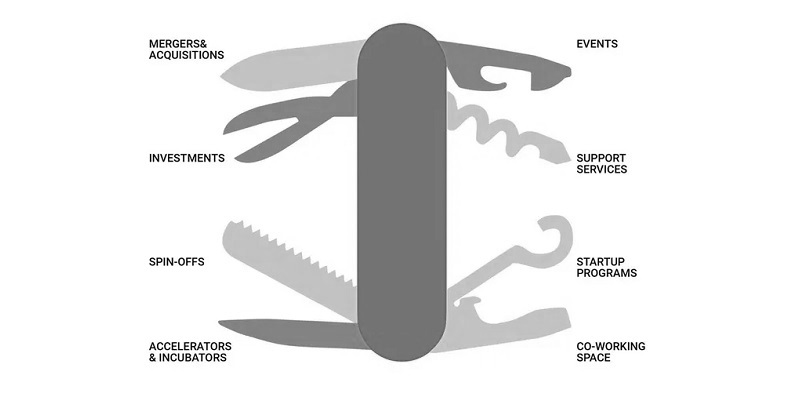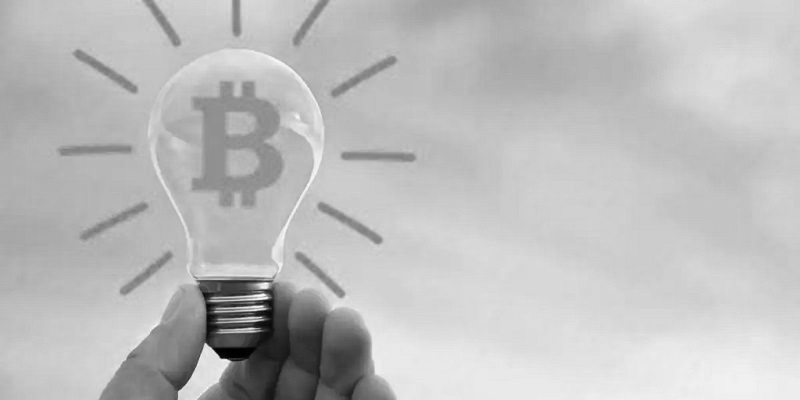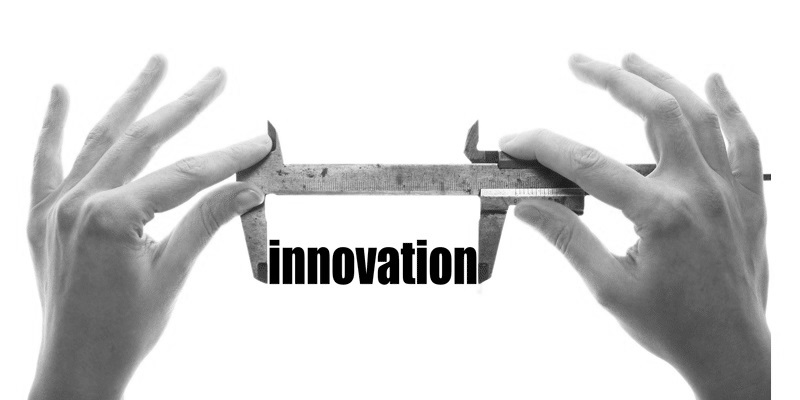Entrepreneurship Mindset – An Ace tool for performance
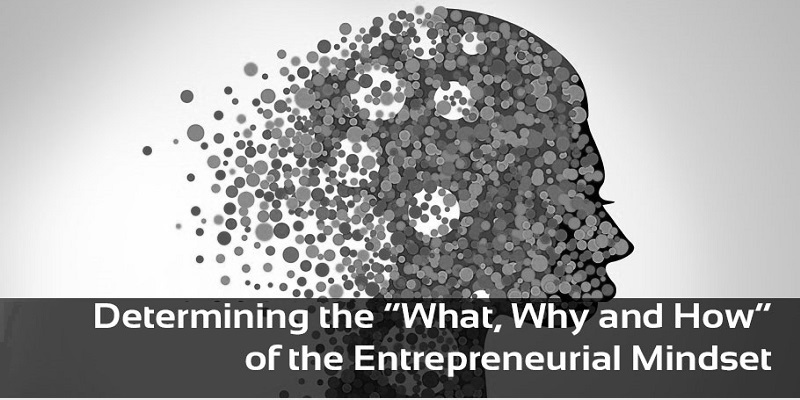
Big the corporate, bigger is the challenge to keep the motivation of its senior leaders high. Over time, as also observed among the Fortune 500 companies, operational tasks and incremental milestones takes priority. This leaves fresh and out-of-the-box thinking limited to off-site meetings or strategy conclaves. When the market trends and competition (including new ones) are not monitored more often, leaders are compelled to introspect when the numbers are below expectations. By the time solutions are brainstormed and executed, it is too late.
Contrast this with founders of startups, with limited resources and in the design mode perpetually, coming out with new solutions quickly by taking active feedback from their customer community. Difference is ownership to survive. Entrepreneurship is at play.
Some traits an entrepreneur exhibit is
- Being able to complete tasks that others struggle with
- Finding creative solutions to problems
- Work with Vision and Mission
- Leveraging the abilities of team members
- High Degree of Endurance
- Being dedicated and taking help
- Doing something new and successfully
- Facilitating Character
- Self-Confidence
- Goal Setter
- Calculated risk-taking ability
Entrepreneurial thinking can be achieved through integrating external startups into the organization, bringing fresh energy, uncommon vision, and bias for experimentation. To achieve this culture change, there needs to be a program in place which continuously teaches employees that there are opportunities for them to become intrapreneurs, as well as a program which brings the C-level management of different business units in touch such fresh energy. The senior managers should learn to think of themselves as investors. This can be achieved by a regular internal demo day, creating several touchpoints between the startups and management, but most importantly, investments should be considered in the budgeting process for the management to be able to act immediately upon an opportunity through investing financial and/or human resources.
Results would be visible quickly, if not a behaviour change, but in identification of right talent. Those who would thrive in uncertain, ambiguous roles like working in new countries and new industries, are better equipped in those who possess an entrepreneurial mindset.
Taking a clue from Karan Bajaj, ex founder of Whitehat Jr. on struggles and recipe for his success from such mindset. He mentions
“If users do not love the product enough to refer other users, eventually acquisition costs will become unsustainable and a startup will die. Your product must be 10x better than the alternative. He and his team met each of the 1st 100 users physically, kept improving the product based on their feedback, and made thousands of phone calls again to get the next 100 users. All with the do-or-die fear in our minds of the early capital running out.
This time, all metrics doubled.” The real instinct for success comes from the users. Only an entrepreneurial bent of mind would like to reach out and take the feedback that matters.
